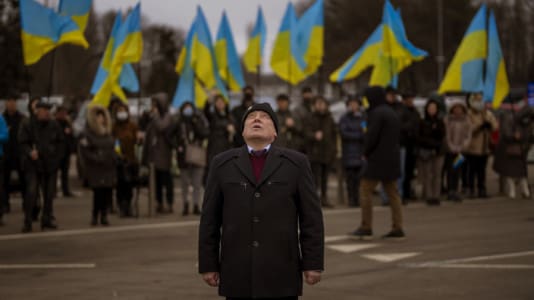[Editor’s note: Yesterday, Tomio Okamura made headlines in Czechia for holding a six-hour marathon speech in Czech parliament in order to block a pandemic law amendment, which he and a number of other conservatives view as a threat to civil liberty. He successfully blocked the amendment for the time being.]
“Democracy is a discussion, but the discussion is not a meaningless monologue, especially when its goal is only to block democratic decision-making. Extremists cost us a lot of money and block the parliament. We will not let them blackmail us,” Czech Prime Minister Petr Fiala wrote on social media on Tuesday.
Politicians in today’s ruling coalition said before the election — in fact, for most of the last parliamentary term — that they were the “democratic opposition,” claiming that not only the communists but also Tomio Okamura’s Freedom and Direct Democracy (SPD) were the undemocratic parties.
Now, it is worth considering here who is a democrat and who is an extremist.
The prime minister is right if he implicitly says that the blockade launched by Okamura is unbearable. The head of SPD and the party’s deputies are delaying the pandemic law, which most of the democratically-elected deputies In Czech agree should be passed. As soon as Okamura allows parliament a chance to do so, this reality will prevail.
Some people voted for the Together coalition, which won the election, and then marveled at the fact that the lockdown did not end on the first day after the government’s formation and that the government is now creating space for even more brutal restrictions. However, voters had many opportunities to notice before the election that freedom lovers do not stand above all else. Thus, as long as Okamura obstructs, he prevents the people’s will from manifesting itself.
At the same time, it must be stated — and the more honest members of the government camp can admit it — that the art of obstruction that Okamura (and the ANO) was learned from the leaders of the parties that make up the current government. For example, Miroslav Kalousek blocked an amendment to the Lottery Act in October 2015 with a three-hour monologue. In January 2016, the Civic Democrats and others blocked the Electronic Records of Sales (EET) enforcement. Petr Fiala then called the obstruction an “above-standard tool” of democracy. He also threatened to block the negotiations on the EET Act until the elections, which took place almost two years after, but despite these “obstructionist” acts, no one who is somewhat reasonable would question that Fiala is a democrat.
Today, we can have serious doubts about government parties for democracy, even for the regime of parliamentary democracy. After returning from the Czech Senate, the amendment to the pandemic law rapidly came back on the agenda’a meeting to catch demonstrators against the law off guard, so that they would not have time to gather at the beginning of the Sněmovní Street and protest there, which is where the Chamber of Deputies is located. Even during Monday, they pretended that the amendment would be on the agenda on Friday, possibly over the weekend or next Tuesday. Then, suddenly in the evening, everything was changed: it’s now on the agenda for tomorrow.
The argument of the health minister, Vlastimil Válek, is that without a pandemic law in the first half of March, it would not be possible to order hospitals and retirement homes to test visitors who could spread infection to the building and force staff to wear face masks — this is simply not true. The latter is covered by the Act on the Protection of Public Health, and the former can be handled by local hygienists and by someone who invokes the Healthcare Services Act. And if Válek, excuse my French, bullshits, there is no urgency for a pandemic law and the government rudely violated the parliamentary culture.
The third and most important reason why democracy does not abide in the governing coalition today is, of course, that a pandemic law deprives parliament of the opportunity to make decisions in a crisis situation. What Okamura defended us against with his speech, in fact, is enabling an anti-democratic tool of Czechia’s new government.
Democrats exhaust themselves to approve an undemocratic amendment while the extremist is defending a parliamentary regime. That’s beautiful. The word liberal has almost lost its original meaning in recent years, now the word democrat is also to be hollowed out. We will then be left with a regime of “liberal democracy,” made up of neither classical liberals nor unconditional democrats. By the way, some of them are already proud to use this phrase themselves.





